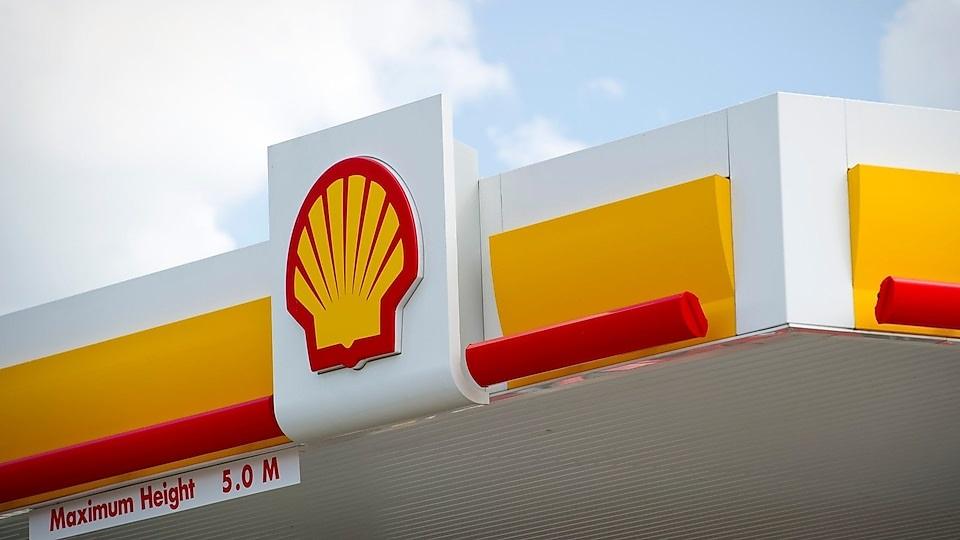Shell Pushes Back on Activist Investor Pressure to Split Fossil Fuel and Clean Energy Businesses
Unveils new goal to reduce absolute emissions 50% by 2030
Energy giant Shell is pushing back against activist investor pressure to split the company into separate fossil fuel and clean energy-focused businesses, arguing on its third quarter 2021 conference call that the company benefits from its integrated structure, and that cash flow from legacy businesses can help fund its energy transition shift.
The company’s statements follow a letter sent by activist investor Daniel Loeb’s hedge fund, Third Point LLC, urging the company to break into several standalone businesses, in order to cater to the needs of multiple stakeholders pulling the company in different directions, and enabling a sharper focus in strategies such as optimizing cash flow from the legacy businesses, and investing in emissions reduction advances and clean energy sources for the emerging businesses.
While Shell has formally acknowledged the receipt of the letter and pledged to engage with Third Point, the conference call made it clear that management views the company as best positioned with its assets integrated.
One of the most significant benefits of integration, according to the company, is funding the clean energy transition with cash flow from the legacy fossil fuel-based businesses.
Speaking on the call, Shell CEO Ben Van Beurden said:
“So many of these businesses that we are building for the future are going to be, of course, absorbing cash because we build them from very low to no materiality to something that is quite significant. That has to be funded as well. We’ve been very clear in our strategy that we see our Upstream business, not just providing the energy that we need today in this world, but also the funding that we need to build the energy system of the future.”
The company also pointed to numerous advantages of an integrated value chain in order to help advance clean energy initiatives, such as the development of sustainable aviation fuels and building EV charging capacity at its retail sites.
The Third Point letter marks the latest in a series of events indicating growing pressure on the fossil fuel-based energy sector from multiple sources including investors, governments and regulators. Following a high profile proxy battle earlier this year, activist investor Engine No. 1 gained 3 seats on the board of energy giant Exxon, gaining support from several major investors due to a lack of action by the company to address the emerging energy transition.
Shell has been more active on the energy transition front than some energy majors, launching its “Powering Progress” strategy earlier this year, detailing how it will achieve its target to be a net-zero energy business by 2050 across Scope 1, 2 and 3 emissions, including setting short-term and interim targets, and investing in renewable and clean energy solutions. Months after unveiling its plans, however, the company lost a legal battle, with a Dutch court ruling that the company must slash emissions by 45% by 2030. Shell has said that it will appeal the ruling.
Along with its quarterly results, Shell introduced a new climate target, pledging to reduce absolute emissions under its operational control (scope 1 and 2) by 50% by 2030. This marks the first absolute emissions reduction target to be unveiled by the company, which it said will mostly be achieved through measures such as closures, conversions and high-grading facilities, but also relying partially on divestitures and carbon capture and storage (CCS).





